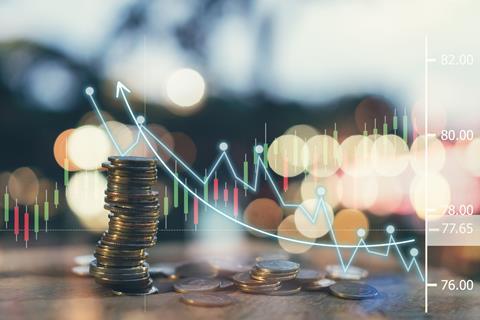
Top story
The squeeze on living costs continued to ramp up last month, with food prices up sharply, according to the latest official figures released this morning ahead of the Chancellor’s spring statement.
Inflation reached 6.2% in February - a fresh 30-year high and a bigger jump than predicted by economists - as energy and petrol prices raced higher.
It compared to 5.5% recorded by the Office for National Statistics in January and is far above the Bank of England’s target of 2%.
Although, fuel and energy costs were the primary driver for the consumer prices index last month, food prices also played a part, but remained below the headline rate.
The cost of food and non-alcoholic drinks shot up to 5.1% in February, compared with 4.3% in the month before.
Within the category, the ONS reported that breads and cereals rose 4.2% in the past year, including a 9.4% hike for pasta and couscous, meat prices were up 5.2%, milk, eggs and cheese climbed 6.1% and fruit prices were up 6.2%.
Alcoholic beverages and tobacco also nudged higher, from 3.2% in January to 3.5% last month, while clothing and footwear climbed from 6.3% to 8.9% and furntiture, household equipment and maintenance rose from 8.4% to 9.1%.
ONS chief economist Grant Fitzner said: “Inflation rose steeply in February as prices increased for a wide range of goods and services, for products as diverse as food to toys and games.
“Clothing and footwear saw a return to traditional February price rises after last year’s falls when many shops were closed. Furniture and flooring also contributed to the rise in inflation as prices started to recover following new year sales.
“The price of goods leaving UK factories has also been rising substantially and is now at its highest rate for 14 years.”
British Retail Consortium CEO Helen Dickinson said her organisation’s monthly shop price index suggested retailers were successfully managing to limit cost increased for many essential groceries.
“Many supermarkets have expanded their value ranges to support individuals and households on lower incomes,” she added.
“Nonetheless, with retailers struggling to absorb these higher costs, shop prices look set to rise in the coming months.
“The situation in Ukraine is undoubtedly exacerbating existing cost pressures in the supply chain – from increased energy costs to higher global commodity prices.
“Many households will also face far higher energy bills and NI contributions from next Friday. As a result, all eyes will be on today’s spring statement, to see if the Chancellor will announce any relief for those families most affected by the cost of living squeeze.”
Morning update
The FTSE 100 continued its rally this morning despite the latest inflation figures. London’s leading index of shares climbed 0.4% to 7,506.17pts so far.
Early risers included Bakkavor Group, up 4.6% to 117.2p, McColl’s Retail Group, up 4% to 2.2p, and Ocado Group, up 3% to 1,118.5p.
Parsley Box Group is down 4.6% to 20p, Reckkitt Benckiser fell 2.9% to 5,713p, Devro is down 2.1% to 205.5p, SSP Group is down 0.9% to 242.7p, and Nichols is down 0.9% to 1,338p.
Yesterday in the City
The FTSE 100 rose again yesterday by 0.5% to 7,476.72pts, which is almost where it started the year having clawed back all the recent losses since the start of the war in Ukraine.
Shares in THG crept 0.5% higher to 89.4p after it revealed former ITV boss Charles Allen as its new chairman.
Other risers included Bakkavor Group, McColl’s Retail Group and Devro, up 4.4% to 113.2p, 4.2% to 2.1p and 2.7% to 210.5p respectively.
Glanbia, Nichols, Naked Wines and Marks & Spencer were among the losers, falling 4.2% to €11.10, 3.8% to 1,311p, 2.2% to 358.5p and 2.2% to 159.3p.







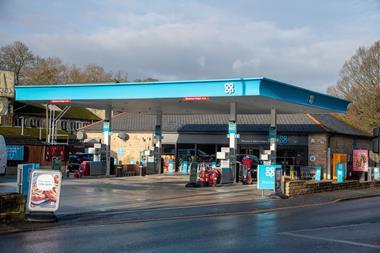
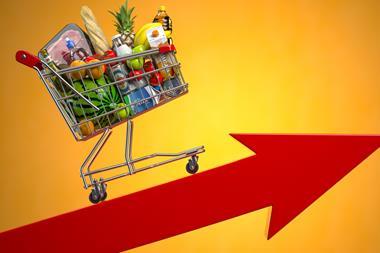
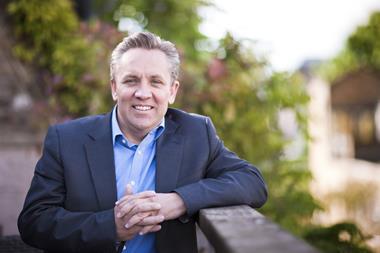
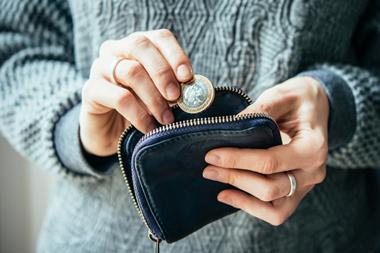
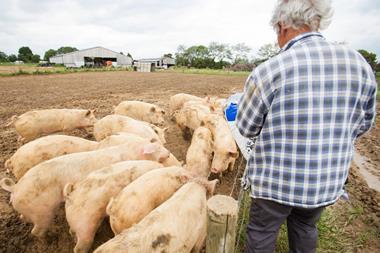







No comments yet